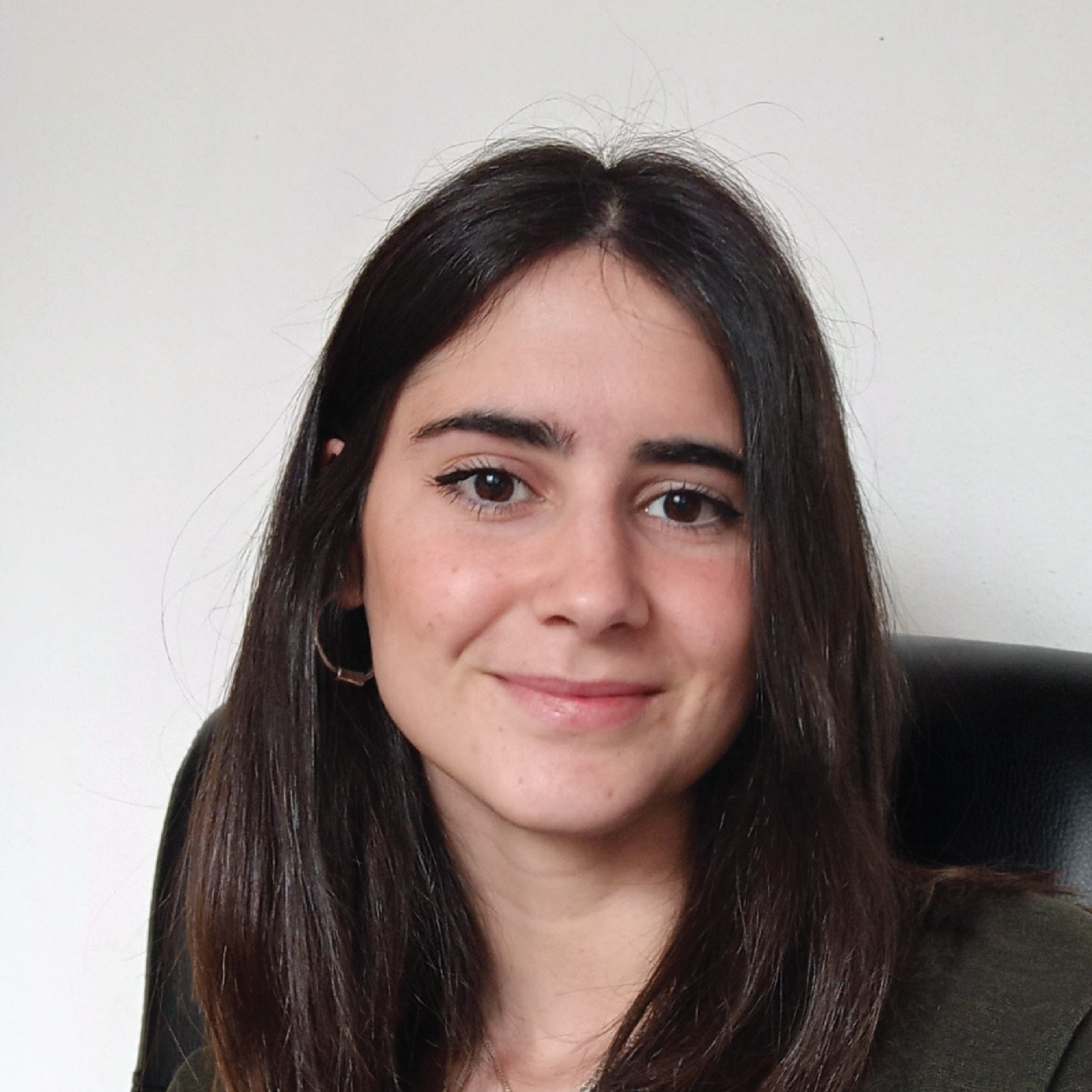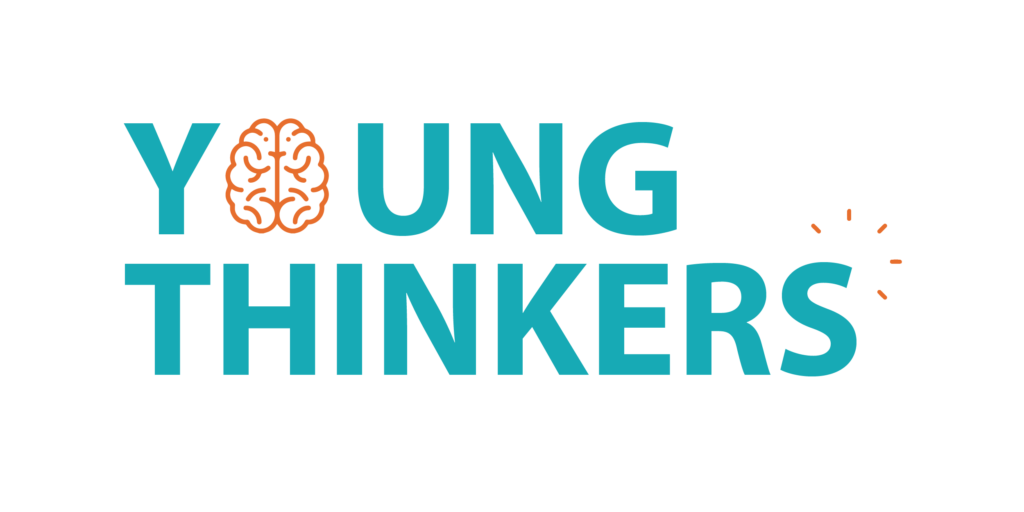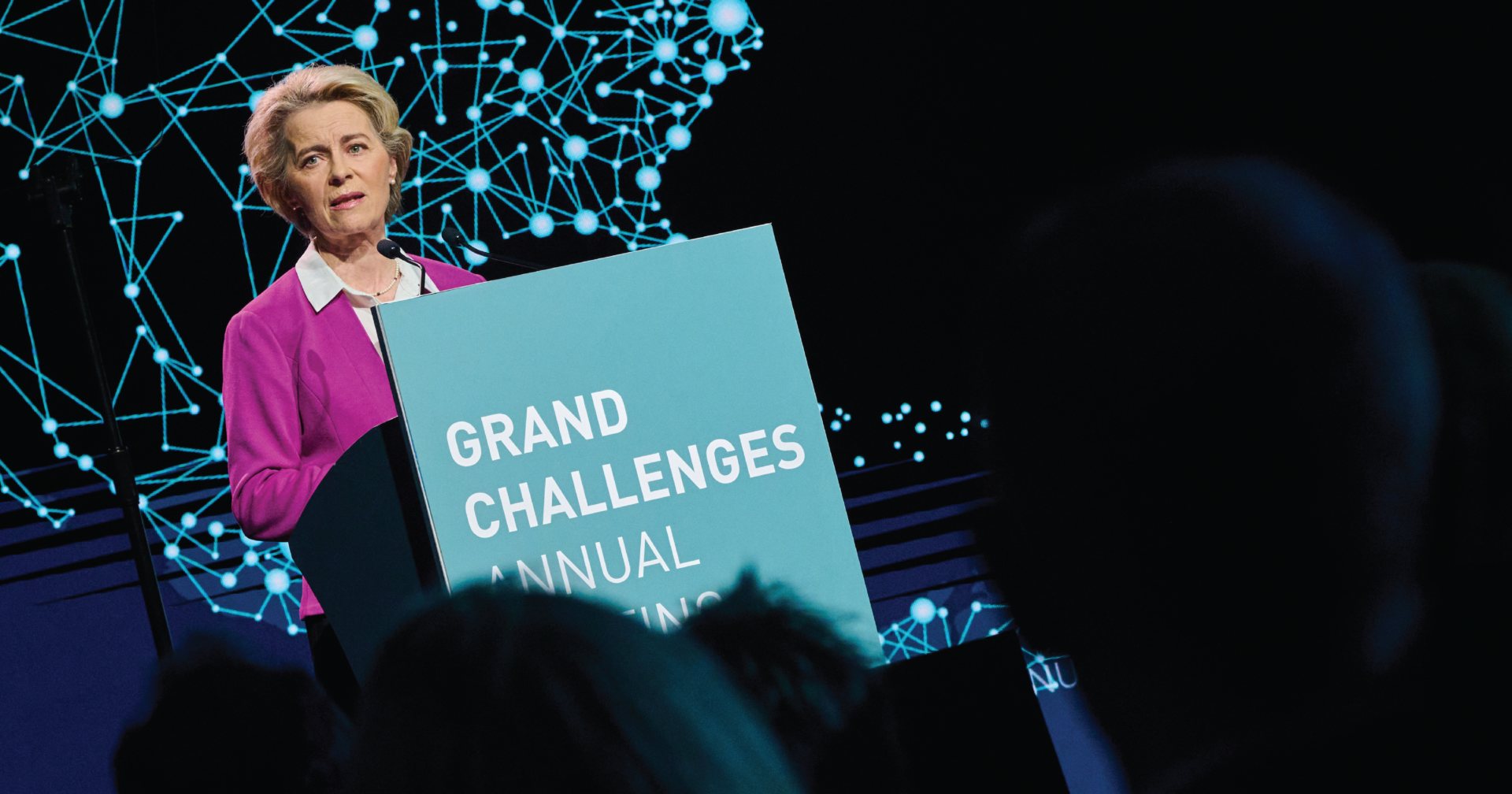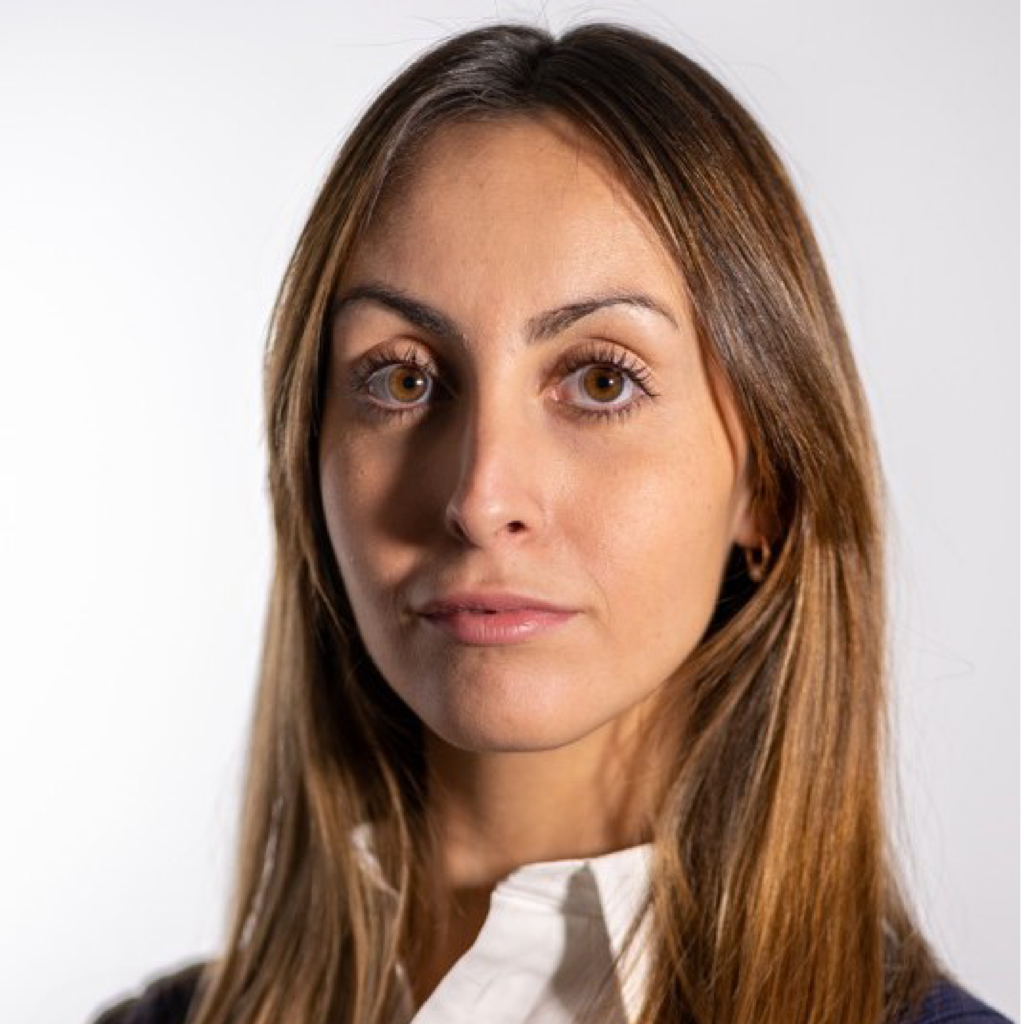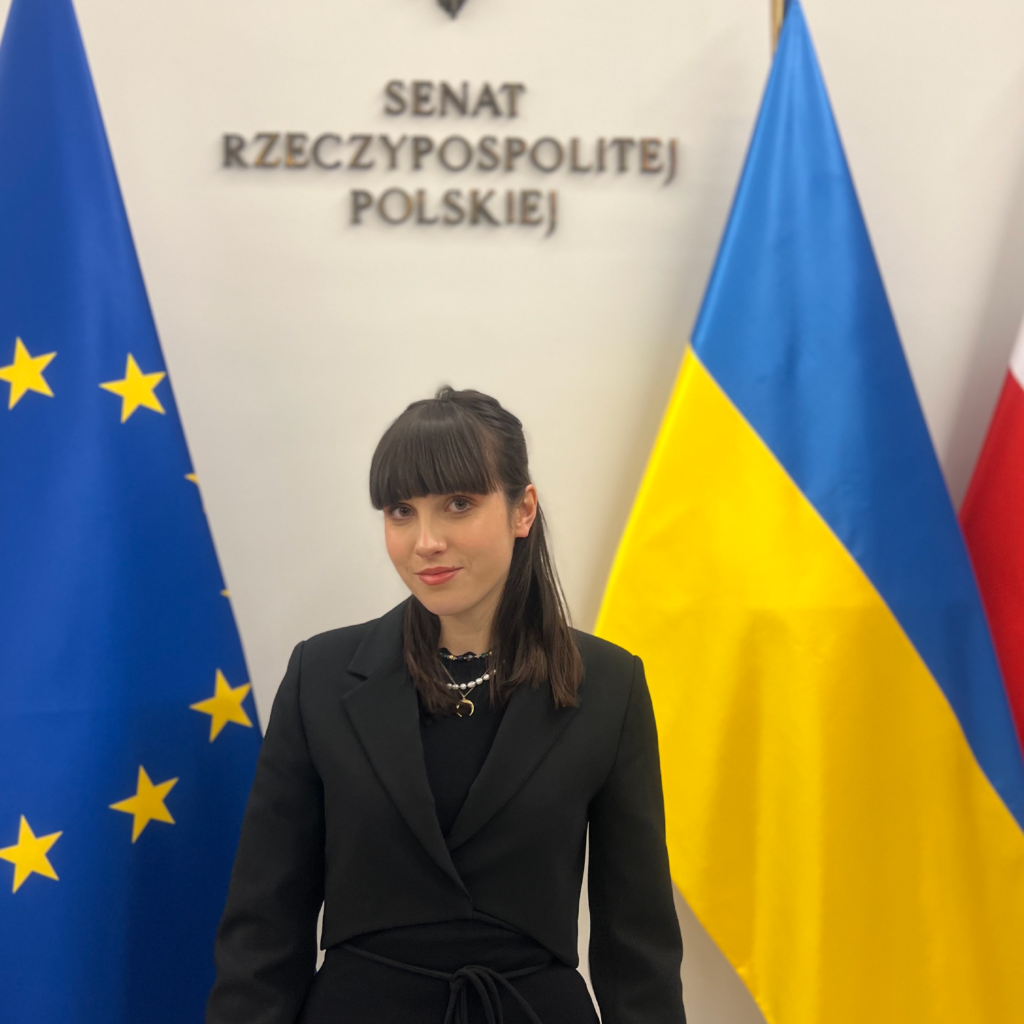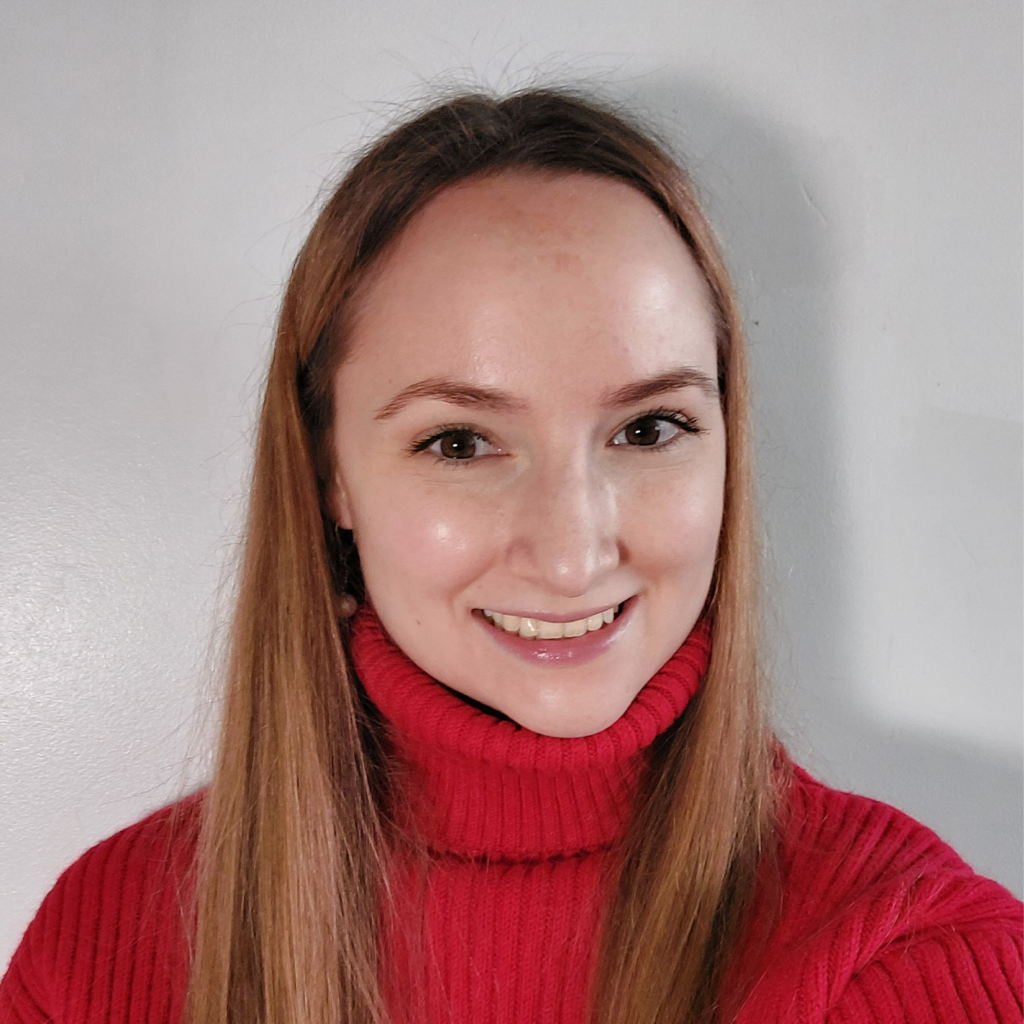Hybrid Threats after the Strategic Compass: Disinformation and natural resources
Inés Satué Crespo
June 2022
This commentary results from CEPS’ Young Thinkers roundtable on ‘Global responses to hybrid threats and warnings from Ukraine’, which took place on 24 March 2022, and thus the recommendations proposed here are inspired by the contributions made by Maxime Lebrun of the European Centre of Excellence for Countering Hybrid Threats (Hybrid CoE).
The analysis and recommendations herein have been supervised by CEPS Researcher Dylan Macchiarini Crosson, who provided invaluable insight and guidance. Moreover, of the review and comments made by CEPS Research Fellow Lina Vosyliute were also extremely important, whose expertise in the field has been vital to the content of this commentary.
Borders and migration flows are a sensitive topic for EU Member States. Consequently, some third countries have tried to take advantage of it and ‘threaten’ the EU with the uncontrolled opening of their borders. This political strategy is a recurring phenomenon that continues to catch policymakers flatfooted.
In response, the European Commission presented a proposal for a regulation addressing situations of the ‘instrumentalisation’ of migration in December 2021. The proposal has been criticised by academia [1] and international organisations such as ECRE and PICUM for undermining human rights protections. Such was the discontent that more than 50 associations, NGOs, and entities in the field of immigration and asylum signed a Joint Statement in September 2022 flatly rejecting the proposal.
Nevertheless, the flaws in this regulatory proposal can be remedied. Most importantly, another way of framing the situation is also possible by strengthening the EU’s migration and asylum system to ensure that human rights are respected.
The instrumentalisation of migrants and asylum-seekers: Background, concepts, and figures
Since the so-called ‘migration crisis’ of 2015, there has been a rising trend of outsourcing migration control, whereby Member States strive to shift the responsibility for border control, asylum applications and readmission of asylum seekers to neighbouring countries.
To this end, they have concluded informal deals on migration issues, i.e. the EU-Turkey Statement or the Memorandum of Understanding between Italy and Libya. Another recent example of this trend, albeit outside the EU, is the UK-Rwanda deal, where Rwanda is offered cash in exchange for accepting refugees and migrants.
Through these agreements, in exchange for certain benefits such as visa facilitation, development cooperation programmes or stronger trade and investment flows, those third countries also acquire leverage over EU border management that places them in an advantageous strategic position. In short, they can use this position as a bargaining chip against the EU to obtain concrete political results.
This phenomenon is especially dangerous in the cases of illiberal governments or weak democracies.
For example, former Libyan leader Muammar Gaddafi promised to ‘turn Europe black’ if the EU failed to meet his demands in 2010, a strategy to which Turkish President Recep Tayyip Erdoğan also repeatedly resorted to in 2015 and 2020.
Belarusian President Aleksandr Lukashenko also decided in 2021 to retaliate against the economic sanctions imposed on his regime by the EU by neglecting border controls and facilitating crossings into the Schengen area. According to the UN Office for the Coordination of Humanitarian Affairs (OCHA), during the summer of 2021, the Belarusian authorities offered tourist visas and promises of legal entry to the EU. This strategy has also been framed as state sponsored migrant smuggling. Under these pledges, between 3 000 and 4 000 persons entered Poland, while approximately 16 000 attempts to cross were stopped by Poland’s border patrol.
According to the Polish Border Guard and OCHA, there were more than 30 000 attempts of irregular crossing between 1 August and the 4November (11 300 only in October [2] ), while only 81–88 were recorded in the whole of 2020. 600 people also entered Lithuania in the first six months of 2021, twice as many as the previous four years put together.
In light of these figures, we could indeed speak of ‘massive’ migratory flows, provoked (or at least facilitated) by these governments.
But it is important that the notion of instrumentalisation is not ambiguous or trivialised, so that it cannot be exploited to justify inappropriate responses.
The notion of instrumentalisation covers cases in which third country leaders threaten to crowd Europe’s borders in order to obtain a reaction from the EU or a specific Member State. To that effect, they would indiscriminately ‘instrumentalise’ all kinds of people: from migrants seeking a better future to those fleeing war and conflict. Their goal is to obtain a political result, regardless of the situation and needs of the people caught up in the middle.
The Commission’s proposed Instrumentalisation Regulation
There is no universal method to effectively prevent or react to the instrumentalisation of migrants. Nevertheless, the solution could lie in a change of perspective. Since treating the arrival of migrants and asylum-seekers at the EU’s borders as a ‘burden’ leads to the avoidance of international obligations, the EU should strengthen its reception system to ensure that their rights are respected.
It is the EU and the Member States’ duty to align with the human rights obligations derived from the CEAS, as well as from other international instruments such as the Global Compact for Migration and the Global Compact for Refugees.
In contrast, the Commission’s proposed response to instrumentalisation of migration that sets out just the opposite.
The proposal for an Instrumentalisation Regulation introduces derogations from the current EU migration and asylum legislative framework in the case of massive, state-sponsored flows of immigrants and asylum-seekers. This move, as stressed by ECRE and scholars, could undermine the fundamental rights safeguards for migrants and asylum-seekers, who would thus suffer the consequences of a political conflict they are not a part of.
Specifically, this proposal offers the Member State receiving such migration flows various possibilities to derogate from the current asylum system. That is, they may reduce the number of border crossing points where asylum applications can be registered, extend the deadline for registering applications to up to four weeks and they can adopt the emergency border procedure in almost all possible cases.
In general, these derogations are based on notions that are not clearly defined. Firstly, the notion of state-sponsored migration flows is flawed and disregards migrants as victims. Also, the element of intentionality by the third country concerned ‘to destabilise the Member State concerned or the Union as a whole’ is open to varying interpretations. This could be problematic knowing that for the receiving Member State to be able to trigger the derogations, a Council implementing decision would be needed. If the notions to be discussed and voted on by the Council are vague or ambiguous there is a risk of the procedure being politicised.
Moreover, the very framing of the solutions proposed is questionable. The measures proposed by Commission regulation will only affect and undermine the rights of migrants and asylum-seekers, instead of the political leaders that provoke such situations. If this regulation is triggered in the case of ‘state-sponsored migration flows’, the response should then be addressed to the neighbouring countries that aim to push the ‘open-borders’ button. Otherwise this regulation would only provide a ‘close theborders’ button for the EU to deny access to people seeking international protection.
Another concerning point is the extension of border processing to almost all asylum applications, which can lead to the de facto detention of children and other vulnerable people.
According to ECRE and PICUM, there is evidence that border processing takes place in detention. Thus, the fundamental rights to ‘human dignity, the right to asylum, the prohibition of torture and inhuman or degrading treatment or punishment, the right to liberty and security, protection in the event of removal, expulsion or extradition, the rights of the child and the right to an effective remedy’ would be affected under the Regulation.
While acknowledging that there is no one magic solution for these situations, it is necessary to ensure that the option chosen complies with human rights standards enshrined in EU and international law.
A different approach: Human rights as the cornerstone
Firstly, as the main root cause of this situation is the over-outsourcing of responsibility for border controls, the EU should abandon its practice of externalising border management and asylum procedures so that no third country is placed in a position of responsibility or privilege.
As for the question of how to respond effectively to these types of threats, various points are worth mentioning.
Regarding the Instrumentalisation Regulation, the mere idea of addressing a conflicting situation by cutting back on human rights is, as expressed by the aforementioned Joint Statement, misguided. If third country leaders seek to destabilise the EU by trying to overwhelm Member States’ border management capacities, the measures to be taken should be addressed to them (i.e. targeted sanctions to political leaders), rather than by further harming those who have migrated.
If the Regulation is to be adopted, any derogation from the CEAS must be based on detailed and well-defined concepts and limits. It is certain that flexibility is key when dealing with extraordinary situations, but the emergency rhetoric should not be used to cut back on human rights. The applicable framework must not leave a margin of discretion capable of undermining the rights of the most vulnerable.
More broadly, rather than devising entirely new policies or procedures, a change of perspective may be more desirable: To avoid the need for exceptional measures against instrumentalisation threats, preparing the asylum system to welcome people seeking international protection is key. This has been proven recently by the efficient reception and welcoming of the thousands of people fleeing the war in Ukraine.
Since the objective of such threats is to place a burden on the EU’s external borders, in order to deny such an effect, we must not treat it as a border issue that can solely be solved by closing or limiting access to crossing points. Instead, migration management systems (i.e. reception capacities, asylum procedures and safe returns) must be strengthened to guarantee that human rights are respected.
These threats are clearly aimed at politically trapping receiving countries. As such, the EU and its Member States must ensure that human rights are protected and the respective procedures are duly followed, both with regards to migrants and asylum-seekers.
All of this would have the ultimate effect of depriving neighbours of such a politically sensitive tool and denying them the intended results of such tactics.
Only by eradicating the privileged positions of third countries over EU border management, changing the mindset and adopting better defined measures, can the EU deny neighbouring authorities the power to use migrants as weapons for political ends.
[1] Marco Gerbaudo (2022), ‘The European Commission’s Instrumentalization Strategy: Normalising Border Procedures and De Facto Detention’, available at https://www.europeanpapers.eu/en/europeanforum/european-commission-instrumentalization-strategy-border-procedures-detention; Mirko Forti (2022), ‘Weaponisation of Migrants? Migrants as a (Political) Weapon and the EU Regulatory Response: What to Expect Now’, available at https://www.ejiltalk.org/weaponisation-of-migrants-migrants-as-a-political-weapon-and-the-eu-regulatory-response-what-to-expect-now/
[2] It is worth mentioning that this number does not unequivocally correspond to the number of persons present in the border, as many attempt to cross several times.
The author
